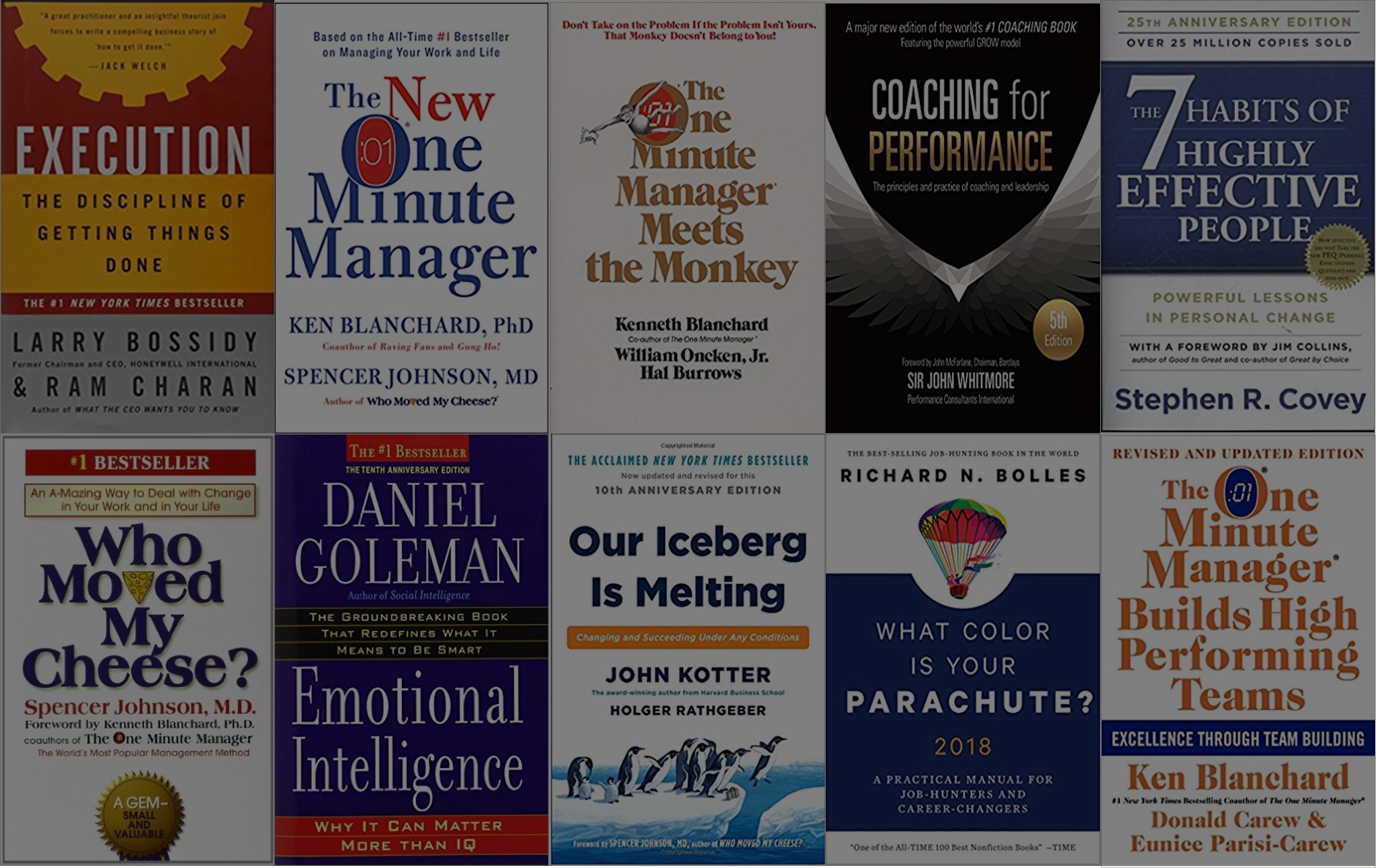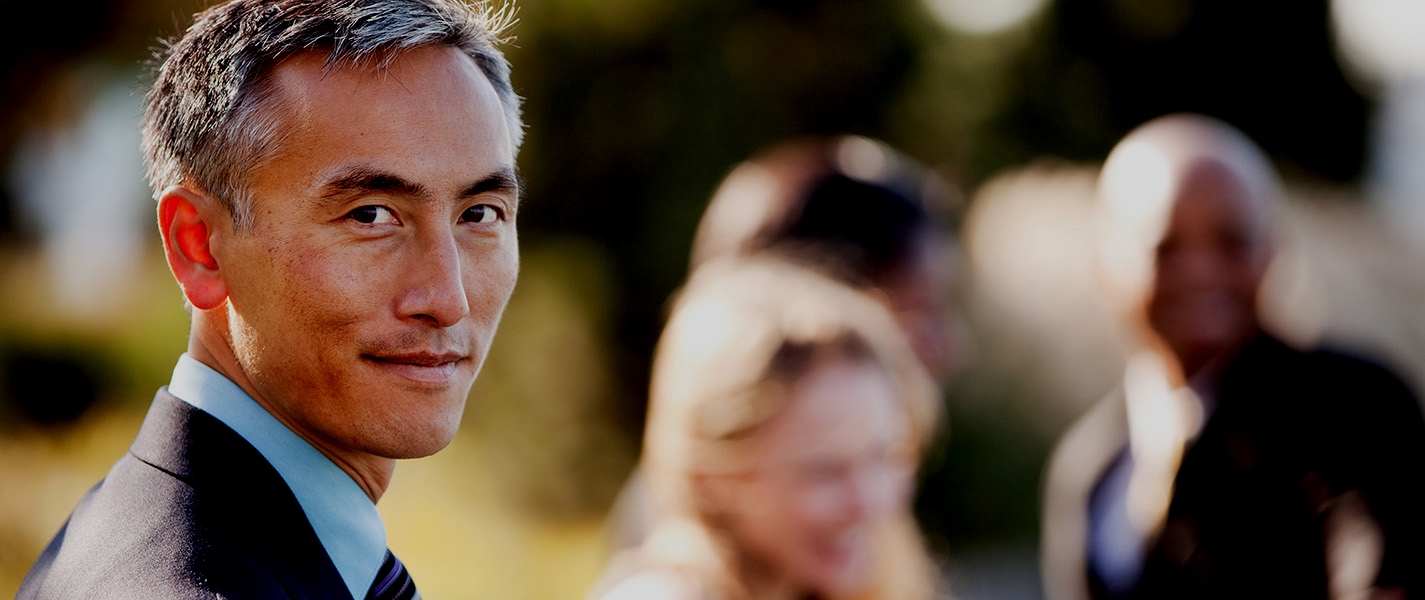Coming successfully out of the crisis requires three fundamental factors: proper anticipation, conscious risk-taking, and high coordination, now, more than ever. The question becomes: Who can anticipate and plan with you, effectively? And can you, together, analyze at deeper levels than usual: How will you orchestrate the process of returning to what is becoming a new world?
The challenge is tremendous; we are clearly in the same boat. If one person makes a mistake, the rest of the organization may pay for it. It is a new level of collective awareness. As a leader, you need to sort through a vast amount of unreliable information, to adapt to the unpredictability and fluidity of the situation; you need to sort through recommendations based on personal convictions, emotional drama, impulses to react quickly. This is just at your level. Now, how do you get the level below to think critically and stay in sync with you?
The top team needs to orchestrate and lead change, to be humble, to recognize mistakes, and to change the course of action decisively, when needed. The situation also requires a much greater level of autonomy and delegation; you may need to let go of a large number of the tactical decisions you used to control. Fundamentally, your ability to leverage the collective intelligence and potential of your organization needs to leapfrog — again, now, more than ever.
In this time of crisis, the people around you have proven, in an unbelievable manner, that they are engaged, loyal, committed, and trustworthy. Of course, you wish that you had taken the initiative to develop those key people around you to think critically together, to be effective at creating solid change plans. You wish you had taken the time to create a culture where things get done by high-performing teams.
Well, very few people, including your competition, did.
I recommend to clients that they conduct pre-mortem sessions with their top teams as a way to get people involved in imagining the future, starting with worst-case scenarios. This is a great way to build the team around planning for the best. For more information on pre-mortems, see this valuable article from McKinsey.
Humbly, here are my own suggestions for the short- and midterm; they may support you in making the transition successfully and to learn from the valuable lessons the crisis has brought.
Continue to trust your key people and provide them with the guidelines they need to be able to make the best decisions in their domain.
Respond quickly to their needs for resources. Give them what they ask, as fast as you can.
Remote work is our new life for quite a while. Focus on the basics that enable this to work: rules of engagement, clarifying roles, setting priorities, checking in, peer-to-peer support, debriefing regularly, and emphasizing active listening and deeper critical thinking.
Put in place a leadership tower of control. Focus on the HOW, not the WHAT. This is less about controlling people and more about sharing key information and fostering high coordination.
Encourage and share quick wins. Recognize the contributions of the “small hands” far more than ever before. Regularly share with everyone what works.
This is not a recipe, and it may be only partially relevant to your situation. Still, this is a strong encouragement for you to be proactive and to come up with your own list of guidelines, to enable the level below, and to adopt a posture that will fit this new world.
There are other questions and considerations you may include in this process:
Can you test your plan before you put it in place? It is a really good practice to get a ton of feedback internally and externally (clients, customers, suppliers, partners, local stakeholders etc.) before you roll it out.
Can you plan be broken into phases?
Include more of the right people in your planning session: people on the ground, credible experts, potential opponents to the plan.
Ask yourself who are the peers who can challenge your plan or offer complementary perspectives.
I am really interested in learning from you and in sharing the best practices that, together, we can identify. Please let me know how you adapt and succeed. Just comment right here.
Are you facing serious transformational challenges in your company? If you are, simply drop me a line at sky@herve.com.









